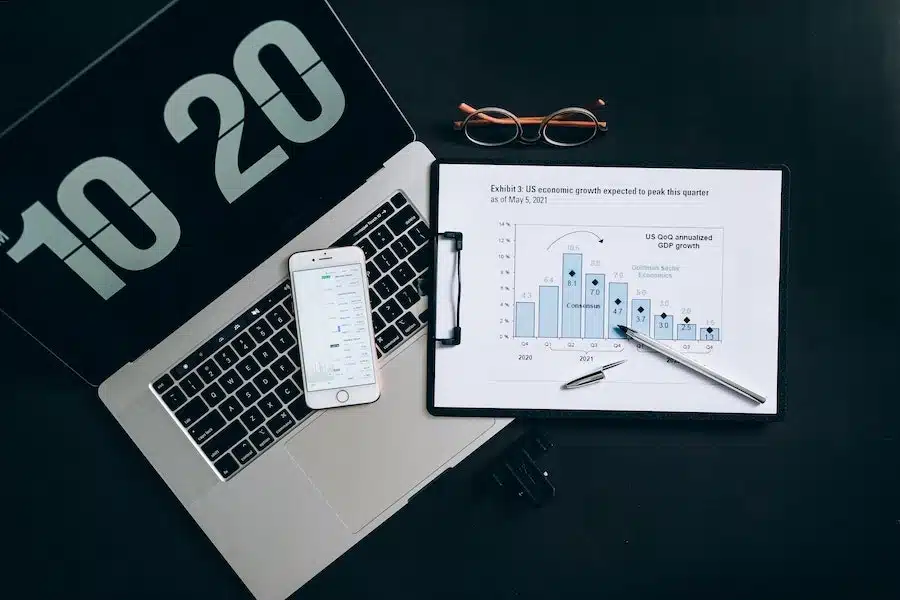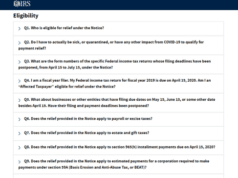
When expanding to new territories, the first thing multinational companies consider is the GDP of the prospective country. These numbers indicate the country’s economic growth and overall economic health.
When a country’s GDP grows, it shows that the economy is expanding, and there might be investment opportunities. However, when the GDP of a country is declining, it indicates a shrinking economy, which is a concern for both investors and economists.
This article will delve deeper into why GDP matters to investors and economists. Let’s start by understanding what GDP is.
What Is GDP?
Gross domestic product (GDP) is the total value of all goods and services produced within a country in a specific period. The period can be monthly, quarterly, or annually.
Annual GDP values are frequently used to compare national economies by size. For example, a report by the International Monetary Fund in 2022 placed the US as the world’s largest economy, followed by China and Japan.
There are three different methods used to calculate GDP.
- The production approach – In this case, you add the total value of goods and services produced in a country.
- The income approach – Here, you add up everyone’s income.
- The expenditure approach – This requires you to add what everyone in the country has spent, that is, consumer spending, government spending, investment spending, and net exports. See the equation below on how to calculate GDP:
GDP = C + I + G + (X-M)
Where:
C = Consumer spending
I = Investment spending
G = Government spending
X = Exports
M = Imports
Why GDP Matters To Investors
Changes in GDP are of great interest to investors since they affect the prices of financial assets. During periods of economic growth, consumers have more disposable income, which leads to increased spending on goods and services. Increased purchases results in high revenue and profits which leads to high stock prices. But a decline in GDP can lead to lower stock prices as companies struggle to maintain their profitability.
Still, it’s important to note that GDP affects different sectors differently. For example, positive growth of GDP can positively impact industries in retail and hospitality. Yet, industries that rely heavily on exports will be affected negatively as a strong currency will increase its prices in the international markets, eventually affecting its competitiveness.
Let’s look at a real-life example to understand how GDP growth can affect investors. China has experienced rapid GDP growth over the past few decades. Since the 1980s, China has transformed from a centrally planned economy to a market-based economy, leading to significant increases in GDP. The growth has led to opportunities for foreign investment in China, as well as significant growth in Chinese companies.
On the other hand, Venezuela has experienced negative GDP growth in recent years due to factors such as political instability, corruption, and hyperinflation. Its economy has contracted significantly, leading to widespread poverty and social unrest.
Due to this fact, multinational companies and other investors may avoid investing in Venezuela. Even existing investors can pull out to other thriving economies where they can be sure of returns on their investments. The result has been massive job losses resulting in a high poverty index and crime rates.
Why GDP Matters to Economists
GDP is an essential measurement for economists as it indicates changes in the size of the economy. This includes whether the economy is growing or experiencing a recession. Economists also use GDP to assess the impact of monetary and fiscal policies, for example, the effectiveness of fiscal policies such as government spending and taxation.
Central banks use GDP values to determine the appropriate level of interest rates to maintain price stability and support economic growth.
Although GDP is a key indicator in measuring economic health, it also has limitations. For example, it does not consider income distribution, environmental factors, or quality of life. Therefore, economists use other indicators, such as the Human Development Index (HDI), to measure the overall well-being of a country’s population.
Conclusion
GDP is an essential metric for both investors and economists, as it provides insights into a country’s economic growth and overall economic health. While it has limitations as a measure of economic well-being, it remains a critical tool for economists and investors. Whether starting a small business or investing in stocks, understanding GDP and its implications will help you make informed decisions about where to invest and how to support the investment.








